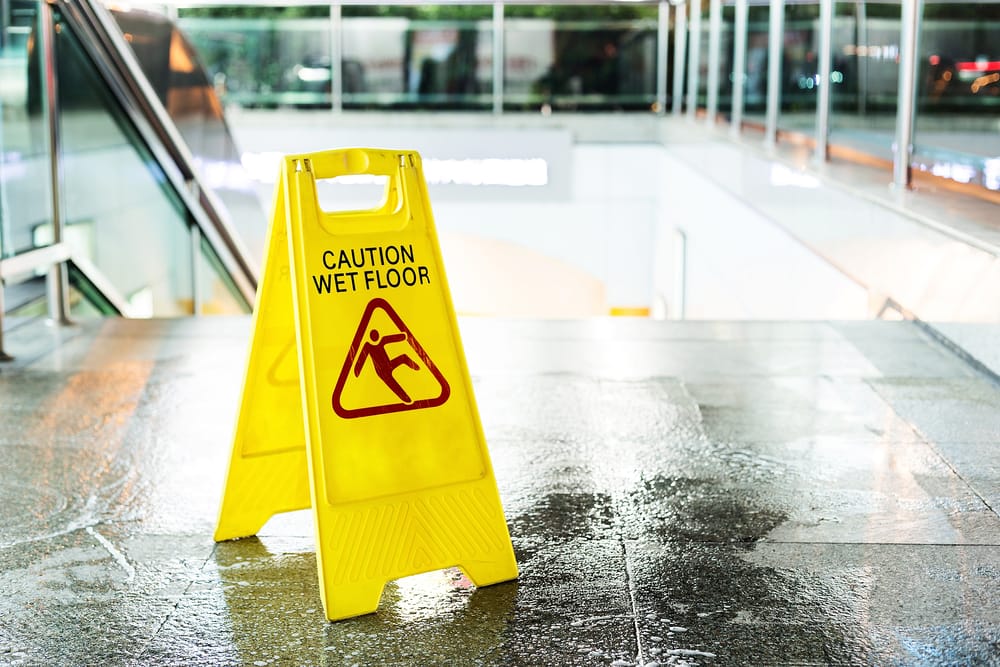Accidents can happen on someone else’s property when you least expect them. If you were hurt on the premises of another, you may be entitled to recover the damages you suffered by filing a personal injury accident. Whether you were hurt on a sidewalk, in a supermarket, at the mall, in an office building, or elsewhere, there are certain elements you must prove in order to establish a property owner’s liability for your injuries.
A property owner may be held liable for injuries if the following elements are met:
1. The Property Owner Owed a Duty of Care
Owners and parties who are responsible for maintaining a premises owe a duty of care to those who lawfully enter or are invited onto the property. This means keeping the property reasonably safe — and free from foreseeable hazards. By law, a property owner has a duty to inspect their property and know what conditions exist on it that could potentially cause harm.
Generally, a property owner does not owe a duty of care to trespassers. But if the owner has knowledge of a trespasser and acquiesces to their presence, they might be held liable just as they would for an invitee. The owner of a premises might also be held liable in cases involving child trespassers under the Attractive Nuisance Doctrine. For instance, if an artificial condition exists on a property that is attractive to children (such as a pool or trampoline), the property owner might be held liable for any resulting injuries if they knew there was a possibility of children trespassing.
2. A Dangerous Condition Existed on the Premises
An owner must maintain their property in safe condition and be aware of any hazards on their premises. If a dangerous condition exists on a property, an owner has a duty to timely repair it to prevent any injuries that could arise as a result. A property owner can be held liable for someone’s injuries if they were caused by a failure to fix the condition, or it was repaired in a way that made the condition worse. Liability can also arise due to a failure to warn about a known hazard by placing a visible warning sign or roping the unsafe area off.
In addition to incurring liability as a result of having “actual notice” of a hazardous condition, a property owner may also be held liable if they had “constructive notice” of a dangerous condition on their premises. This refers to dangerous conditions that the owner should have known about through reasonable inspection of their property — but did nothing to repair them. For example, an owner can be held liable for injuries on their property due to a condition that existed for a lengthy period of time that they should have discovered and remedied.
3. An Injury Was Caused by the Owner’s Negligence
In order to hold a property owner liable for an accident on their premises, a victim must show they suffered damages. In other words, an injury must have been sustained in connection with the dangerous condition on the premises. If a victim can demonstrate that the injury was directly caused by the owner’s negligence or carelessness, they may be entitled to recover compensation for the economic and non-economic damages they suffered in a personal injury action based on the theory of premises liability.
Contact an Experienced New York Personal Injury Attorney
If you were injured on someone else’s property, it’s crucial to have experienced counsel on your side who can pursue the compensation you deserve. Located in Manhattan, The Edelsteins, Faegenburg & Blyakher LLP has successfully represented accident victims throughout New York City since 1937. Because of our knowledge, dedication, and commitment to clients, we regularly obtain substantial settlements and verdicts on their behalf. Contact us to schedule a free consultation at (212) 425-1999 today.

